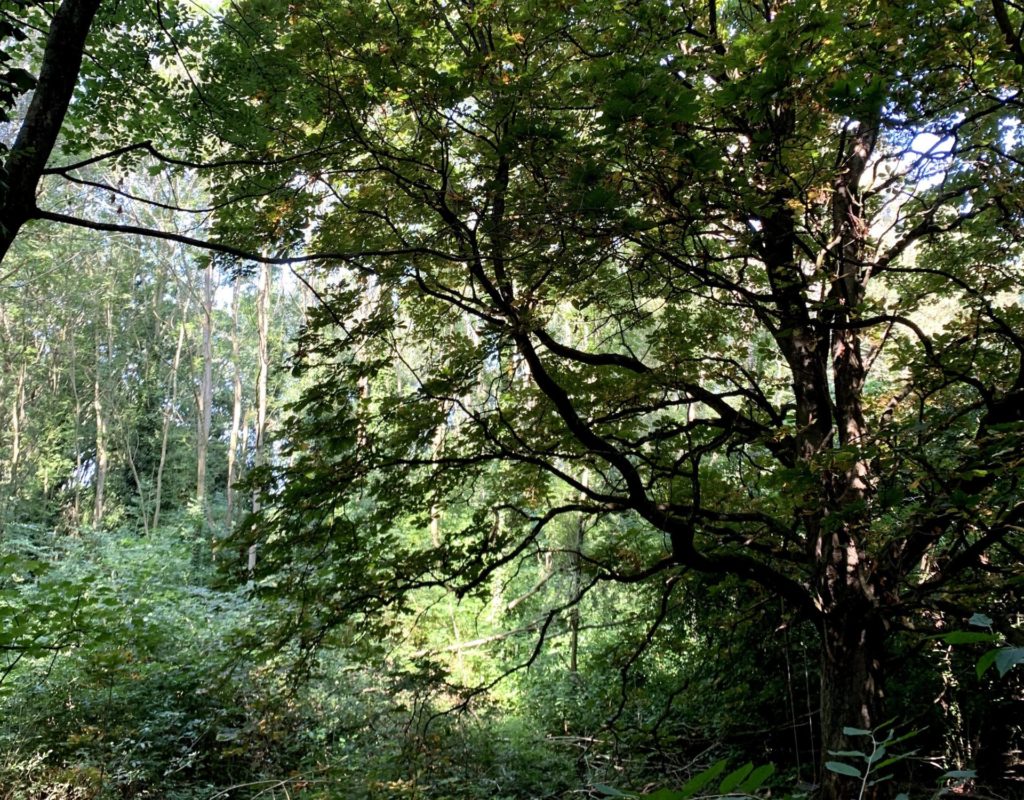Flemish nature preservation agency Natuur en Bos has joined a group of local residents, students and faculty members to oppose plans by the University of Ghent (UGent) to cut down a 4,000 square metre forest.
UGent was recently given a granted permit for the controversial project, which will see the university cut down the De Sterre forest in Ghent - an area the size of a small football pitch - to build a student residence containing 212 rooms, despite the agency's negative advice against it.
Rik Van De Walle, UGent's rector, said the shortage of affordable rooms in the city is the main reason for cutting down the forest, as the shortage of rooms is putting pressure on the housing market in Ghent. He added that the university "wants to contribute to solving this pressing problem."
"The expansion of affordable student housing thus meets an urgent and explicit demand from our students and offers an answer to the growing shortage of student housing in the city," a press release stated.
However, Natuur en Bos issued negative advice against the project, arguing that not all alternatives to deforestation had been sufficiently studied, and that going ahead with the proposed plan would cause avoidable damage.
"We want the UGent to study this further and are happy to think along about other possibilities," Emmie Vanneste, one of the founders of Actiecomité De Sterre, that launched an online petition against the project, signed by 10,000 people, told Belga News Agency.
"To be clear: we are absolutely not against a new student house, absolutely not. But it can also be put elsewhere. You don't have to cut down a forest for that. We want to be constructive and discuss with UGent how things can be done differently," she added.
However, the UGent has already argued that "a project like this only comes about after consideration of every possible alternative option."
As a result of this opposition, including by Natuurpunt and Gents Milieufront, a procedure has been initiated in which all elements of the application will be studied again. In the end, Flemish Minister of Nature Zuhal Demir will be responsible when it comes to deciding whether the project will go ahead.
In response to the latest opposition, Van De Walle said that alternative locations other campuses that meet the environmental requirements for large-scale collective student accommodation are "currently not available," adding that the UGent does not have the investment resources to acquire buildings or land for this purpose.
He pointed to the underfunding of Flemish universities, which he argued has been an issue for several years, and called on Flemish ministers or the Flemish Government as a whole, saying they could decide to undo this underfunding.
"We are not doing this for ourselves, but for future generations of students, especially those who are financially struggling but who are, of course, also welcome at our university," he added.
Setting an example
Last week, Demir said universities had a certain role in the fights against global warming, referring to the university's 'Biodiversity Plan 2020-2030', in which it stated that it wants to set an example by preserving and strengthening green spaces and biodiversity on its sites.
"In times where researchers, among others from the University of Ghent, demonstrate that urban forests are very valuable in the fight against climate change, a university can play a pioneering role," she said on Twitter.
In response to the outrage caused by the project, the university proposed to plant more trees on the campuses and organise additional tree planting projects in the nearby Zottegem and Lubbeek, as well as creating a new forest, however, this failed to sway the opponents.
The original article was updated on Tuesday morning to include a comment from rector Rik Van De Walle.

